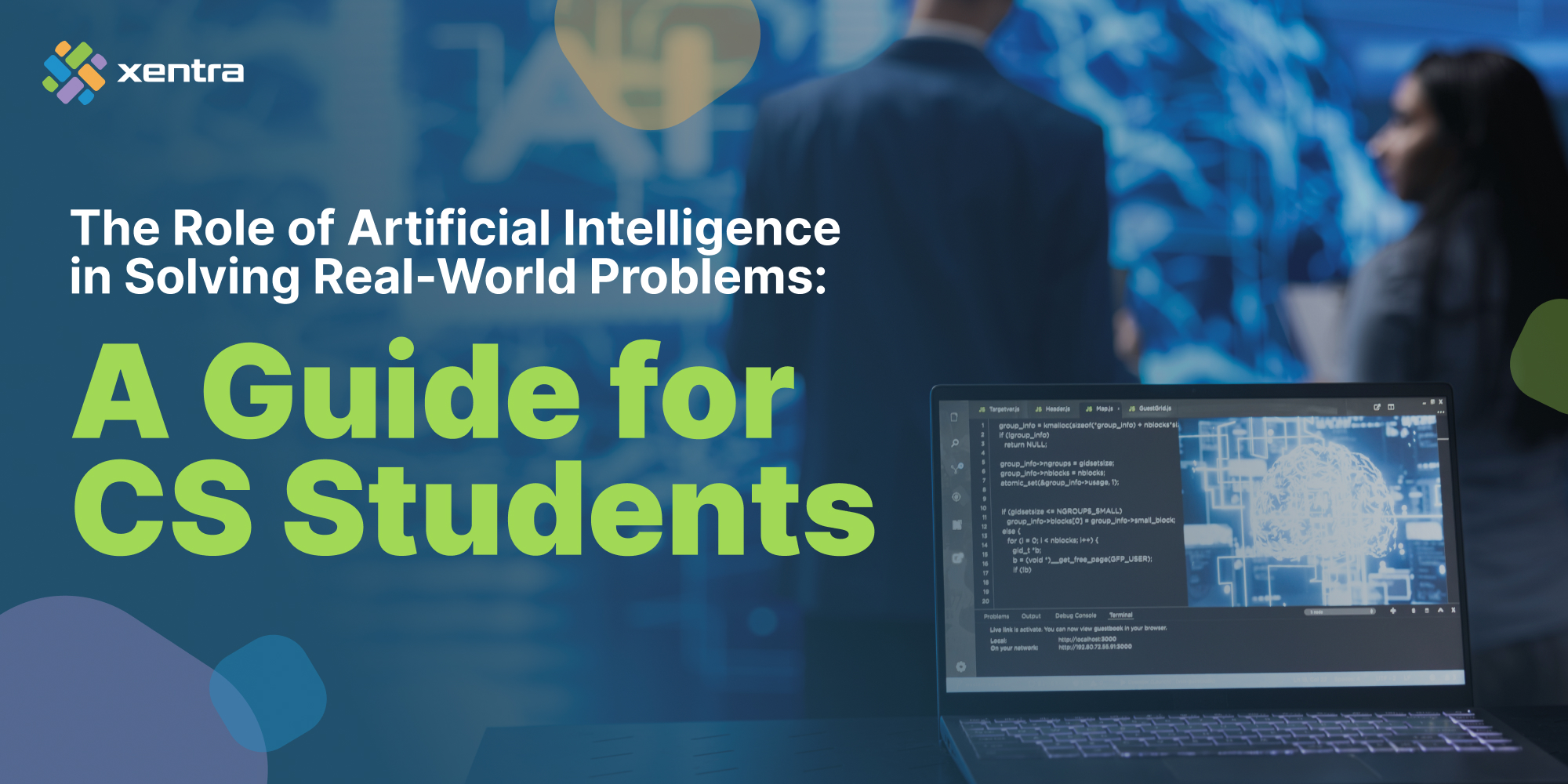Discover how AI is applied to real-world problems in 2025—from climate modeling to personalized healthcare. Learn how CS students can integrate these insights into research and projects.
Artificial Intelligence (AI) is no longer confined to labs or tech giants. It now plays a critical role in solving real-world problems across industries. As a Computer Science student, understanding how AI is applied beyond academic theory can give your research depth and practical relevance. This article explores the ways AI is transforming various sectors and how you can align your studies with these innovations.
AI in Healthcare: Personalized Treatment and Diagnostics
AI systems in healthcare have evolved rapidly. Algorithms analyze patient records to suggest personalized treatment plans. Deep learning models assist in early diagnosis of diseases such as cancer, where imaging scans are reviewed more quickly and accurately than traditional methods.
As a CS student, if you’re working on AI-based projects, consider developing models that focus on anomaly detection or predictive analytics for healthcare datasets. These real-world problems allow you to apply machine learning concepts meaningfully.
Environmental Sustainability and AI
Climate change is one of the biggest global challenges, and AI is contributing solutions. AI models simulate climate behavior, monitor deforestation via satellite data, and even optimize energy usage in smart buildings.
For research topics, you might explore how neural networks can be trained using environmental datasets to predict air quality or assess carbon footprints. These projects not only contribute academically but also socially.
AI in Business Process Automation
Enterprises use AI for automating complex workflows—everything from fraud detection to inventory management. In 2025, natural language processing (NLP) models also power customer service chatbots and intelligent virtual assistants.
If you’re developing a capstone or thesis, consider creating automation tools that solve pain points in business processes. You’ll demonstrate applied knowledge in machine learning and systems design.
Ethics, Bias, and Responsible AI
With the rise of AI, ethical concerns are just as important. From biased facial recognition to surveillance issues, today’s students must factor in fairness and transparency.
Integrating ethical guidelines in your project or research paper shows maturity in your work. It reflects an understanding that technology must be built responsibly—an increasingly critical academic and industry expectation.
AI is no longer futuristic—it’s embedded in the fabric of today’s global systems. As a 3rd or 4th-year CS student, your research has the power to contribute meaningfully to real-world solutions. Focus on how you can apply AI in your thesis or final projects by targeting current issues that matter.




